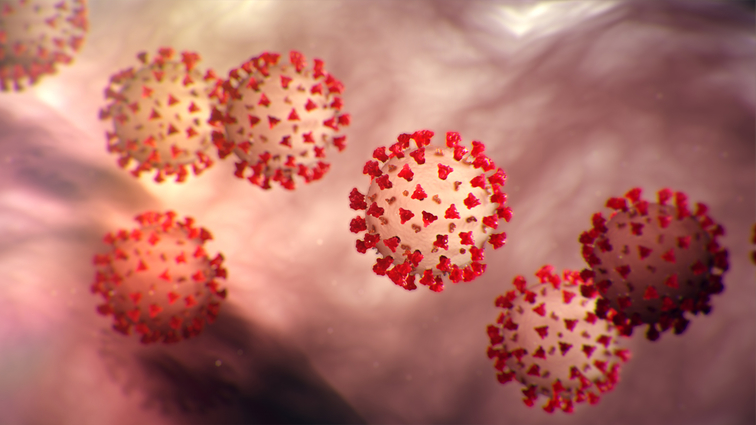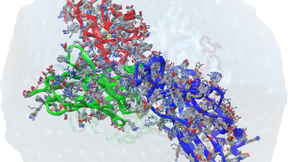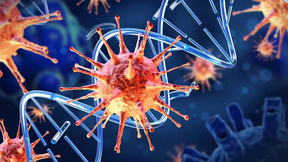COVID-19 update: Lessening community transmission
 (Download Image)
(Download Image)
Due to shelter-in-place orders in response to the COVID-19 pandemic, LLNL is in a state of Minimum Safe Operations.
The Laboratory continues to make significant progress in the transition to Minimum Safe Operations, which will be reached by Monday, March 23. This move was made in response to Bay Area public health departments’ shelter-in-place orders, which went into effect on March 17, as well as state and federal government recommendations.
The shelter-in-place orders were issued in response to an increasing number of confirmed cases in the area and the CDC’s determination that COVID-19 is now in a community transmission mode, including here at the Laboratory. Individuals can be exposed through a variety of untraceable vectors at a variety of locations. Tracking potential exposure has become increasingly difficult because a significant proportion of transmission occurs by infected individuals showing no symptoms. Given these latest developments, the Laboratory cannot effectively employ containment measures.
By practicing the measures outlined in the shelter-in-place orders, the most important of which is remaining at home to increase social distancing (with the exception of accessing essential services), individuals help to slow transmission. This reduces the rate of new COVID-19 cases, allowing the health care system to manage the current caseload and providing more time for development of vaccines and treatments for COVID-19.
Only those involved in Minimum Safe Operations, identified mission-critical activities or employees retrieving telecommuting equipment should be on site during this time. Because the on-site Lab population is drastically reduced, these employees are at a lower risk of business transmission, but they should continue to adhere to protocols that reduce COVID-19 spread, including social distancing, frequent handwashing and maintaining clean work areas.
For on-site workers on the approved Minimum Safe Operations list that are not directly in control of their work environment (i.e., cannot ensure their work areas are maintained clean), and those who cannot maintain a six-foot separation, N95 masks and gloves are available at the Respirator Shop (Bldg. 255, Room 147) for those who wish to wear them. Wearing an N95 respirator can reduce risk of airborne transmission of COVID-19 and may also act as a useful barrier between hands and the nose/mouth. It is recommended that employees wear an N95 respirator when less than six feet from coworkers.
Fever is an early indicator of COVID-19 infection. If possible, on-site employees are encouraged to take their temperatures before reporting to work to ensure no fever is present. Any on-site employees who become ill with fever or respiratory symptoms must stay home until they are symptom-free for 24 hours. This is another important precaution to reduce COVID-19 transmission. If an employee becomes ill at work, it is imperative they inform their supervisor and leave work immediately.
If symptoms worsen, they should call their health care provider for guidance. Any employee diagnosed with COVID-19 should notify Health Services at 2-6843 (COVID). These employees also must be released by the Public Health Department before returning to work.
Minimum Safe Operations will continue through Tuesday, April 7. During this time, it is important that employees regularly check for updates via e-Line, AtHoc or the external Emergency Communication web page. All employees who have not done so should sign up for AtHoc. Click here for instructions.
The COVID-19 employee hotline remains available at 2-6843 (COVID). Employees also can access a regularly updated list of Frequently Asked Questions and a compilation of helpful information. Employees with questions not answered by the FAQs and listed resources also may reach out to covid19 [at] llnl.gov (this email address).
Contact
Lynda L Seaver[email protected]
925-423-3103
Tags
EmergencyFeatured Articles







